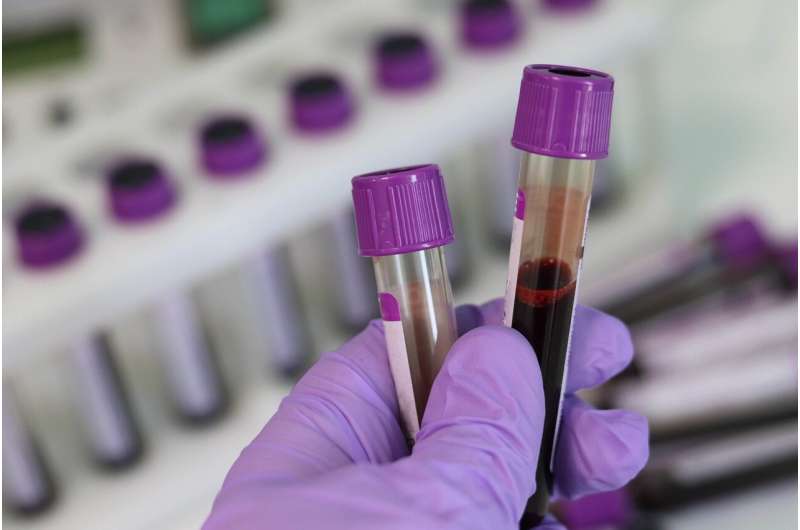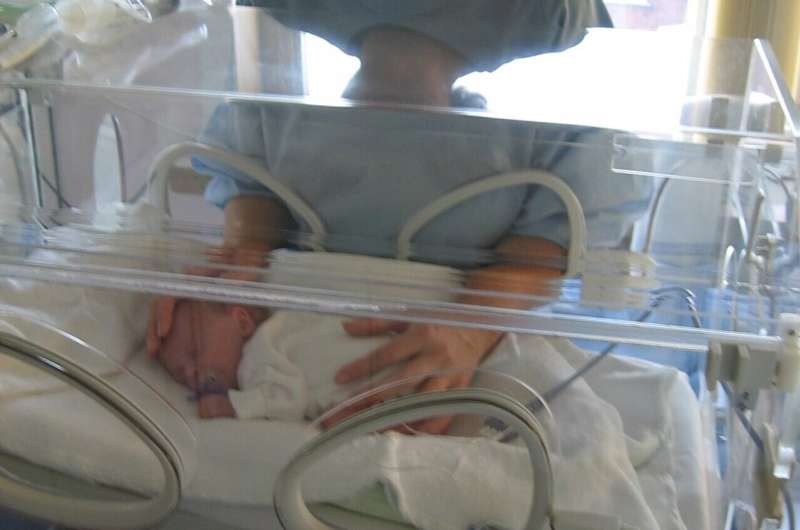CDC Halts Support for Measles Control in Texas Schools Due to Staff Reductions

The Centers for Disease Control and Prevention (CDC) announced the discontinuation of its support initiatives aimed at controlling the recent measles outbreak in Texas schools. This decision follows significant staffing cuts within the agency, with some personnel involved in this year's response being laid off. Previously, CDC teams had planned to enhance disease prevention efforts in Texas by conducting on-site evaluations of school ventilation systems, similar to inspections carried out in hospitals to identify potential virus transmission hotspots.
As of April 18, Texas has reported 597 confirmed cases of measles across 10 counties, with two children succumbing to the illness. Experts highlight that proper ventilation and filtered air systems are crucial in limiting the spread of highly contagious diseases like measles. For instance, biomedical engineer Dylan Neu, working with the CDC’s National Institute of Occupational Safety and Health (NIOSH), emphasized the importance of assessing HVAC systems within affected institutions. His team discovered issues such as contaminated or improperly functioning HEPA filters and hospital room air flows that inadvertently aided virus transmission.
However, recent reductions in CDC staffing, particularly following the large-scale layoffs initiated by U.S. Health and Human Services Secretary Robert F. Kennedy Jr., have hampered ongoing response efforts. Neu was notified that he would likely be laid off by the end of June, which led to the suspension of his deployment to Texas schools. These personnel reductions are also affecting other vital functions, such as workplace health hazard assessments.
Neu explained that NIOSH’s expertise is crucial during outbreak responses, especially concerning engineering controls and ventilation. The workforce downsizing has thus impacted the CDC’s ability to provide on-the-ground assistance in outbreak containment and environmental inspections.
This development underscores the broader challenges faced by public health agencies amid workforce cuts, as the nation grapples with ongoing infectious disease threats. For more information about the CDC’s National Institute for Occupational Safety and Health, visit their official site.
Stay Updated with Mia's Feed
Get the latest health & wellness insights delivered straight to your inbox.
Related Articles
AI-Based Body Composition Analysis Enhances Prediction of Cardiometabolic Risks
AI-powered body composition analysis offers a rapid and accurate way to assess cardiometabolic risk, surpassing traditional methods like BMI by evaluating fat distribution and muscle volume. This advancement could enable early detection and targeted prevention of heart disease and diabetes.
Cardiovascular Disease Mortality Differs Among Asian Indian, Chinese, and Filipino Americans
New research reveals notable differences in cardiovascular mortality rates among Asian Indian, Chinese, and Filipino Americans, emphasizing the need for targeted prevention strategies to reduce health disparities.
2025 Clinical Practice Guidelines for Hematopoietic Cell Transplantation and CAR-T Therapy
The EBMT has released updated clinical guidelines for hematopoietic cell transplantation and CAR-T therapies in 2025, emphasizing standardization, innovation, and personalized treatment strategies to improve patient outcomes across hematological and immune disorders.
Maternal Gut Microbiome Composition and Its Potential Link to Preterm Births
A groundbreaking study links early pregnancy gut microbiome, especially *Clostridium innocuum*, to the risk of preterm birth, highlighting new preventive strategies.



